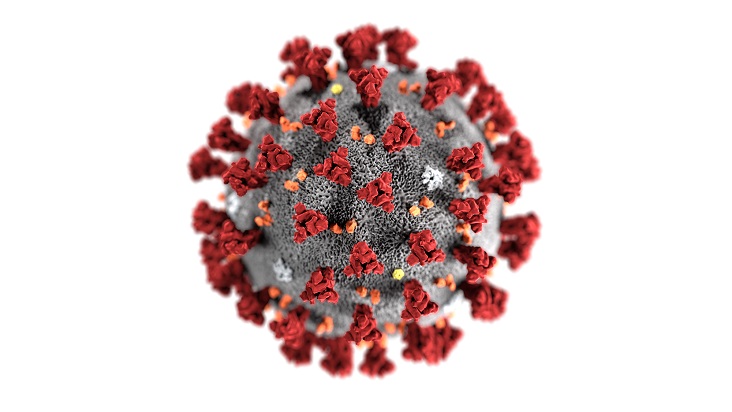An estimated 14.9 million extra people are believed to have succumbed to the COVID-19 pandemic according to new figures from the World Health Organisation. The health agency says that the deaths are believed to have occurred between January 1, 2020, and December 31, 202.
Excess deaths, also known as excess mortality are calculated as the difference between the number of deaths that have occurred and the number that would be expected in the absence of a pandemic based on data from earlier years. The deaths can be directly or indirectly linked to the disease.
The deaths linked indirectly to COVID-19 are attributable to other health conditions for which people were unable to access prevention and treatment because health systems were overburdened by the pandemic or closed to handle it. Dr Tedros Adhanom Ghebreyesus, the WHO director-general says the deaths point to the sobering impact the pandemic has had on the entire world.
“These sobering data not only point to the impact of the pandemic but also to the need for all countries to invest in more resilient health systems that can sustain essential health services during crises, including stronger health information systems. WHO is committed to working with all countries to strengthen their health information systems to generate better data for better decisions and better outcomes,” he said.
This number of deaths is 9.5 million more than the reported number. According to the WHO reports, so far 5.4 persons globally have succumbed to the disease. The highest number of excess deaths, 84 per cent were recorded in South-East Asia, Europe and the Americas. The death toll was higher among males (57 per cent) and females (43 per cent).
Dr Ibrahima Socé Fall, the assistant director-general for emergency response says the estimates highlight the need for data in emergency responses.
“Data is the foundation of our work every day to promote health, keep the world safe, and serve the vulnerable. We know where the data gaps are, and we must collectively intensify our support to countries so that every country has the capability to track outbreaks in real-time, ensure delivery of essential health services, and safeguard population health,” he said.
–URN





